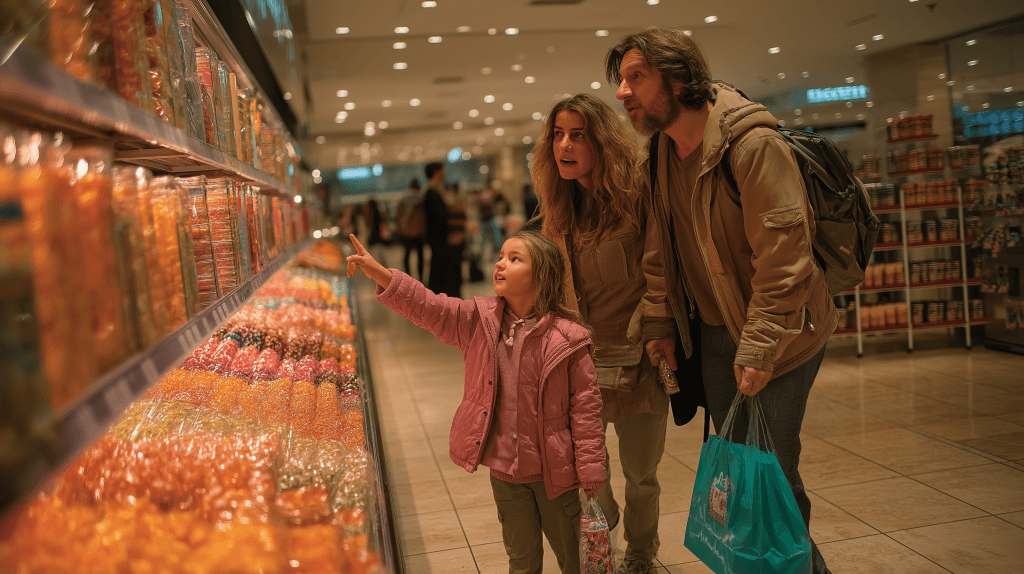In the era of countless dating apps and hectic social media environment, it seems like everyone is dating constantly. However, if you look at the actual numbers, you’ll find a drastically different picture.
A recent national study “State of Us: National Study on Modern Love & Dating in 2025” conducted by DatingNews.com and the Kinsey Institute U.S. revealed a dating deficit. Many Americans are barely going on any dates at all. According to the study, U.S. singles averaged just 1.74 dates last year, despite having unlimited access to potential patners online. That is less than two dates a year. For a culture that is supposedly “more connected than ever,” the gap between opportunity and actual connection is striking. At the same time, people are spending money, energy, and time on dating apps without seeing meaningful results.
This “Great Dating Deficit” is raising an uncomfortable question: if technology alone is not bringing people together, what will?
That is where matchmaking services like Matcher are quietly stepping back into the spotlight. As app fatigue grows and disappointment mounts, more singles are asking whether a guided, curated approach might work better than another year of swiping.
Matcher: How It Paves The Way into A New Era of Matchmaking
Matcher is a next-generation tool for matchmakers, a so-called “smart notebook“. It is an AI-driven, cloudbased platform that combines the functions of a CRM, a global matchmaking database, and an intelligent assistant. It stands unique in its ability to help matchmakers all over the world to help their clients find love. This truly revolutionary platform provides various features:
- AI “Smart Notebook”
Ενώ το CRMs only store client names and phone numbers, which often go dormant or “forgotten” unless manually revisited, Matcher turns a static contact list into a living, intelligent system. It thinks with the matchmaker, not just stores contacts. The platform analyzes each client’s profile across hundreds of factors (education, values, personality traits, habits, life goals, etc.) and looks for potential matches and insights.
- Predicting Compatability and Relationship Success
One of Matcher’s most unique capabilities is its predictive compatibility analytics. The platform doesn’t just match on surface attributes; it evaluates the depth of each potential pairing. Matcher’s AI assesses over 100 compatibility factors – from temperament and core values to emotional intelligence and attachment style – to gauge how well two people might bond.
- Worldwide Matchmaking
Another groundbreaking aspect of Matcher is how it connects matchmakers globally into one shared network. Think of it as creating a worldwide matchmaking alliance in the cloud. This not only helps clients to significantly increase their chances of finding love, but also encourages collaboration between matchmakers on a global scale.
- Built-in Communication and Management Tool
The platform provides integrated messaging, notes, and activity tracking for each client case . Matchmakers and their staff can keep logs of interactions (e.g. when a match was introduced, client feedback from dates, etc.), all in one place. Meanwhile, automatic reminders and task management help ensure no client goes forgotten for weeks.
What Matchmaking Can Offer That Dating Apps Can’t
One of the strongest arguments for matchmaking is emotional safety. A professional intermediary can verify identity, screen for obvious risks, and filter out people whose goals and quirks do not match yours. In an era when many feel uneasy about who they might meet through various profiles that could be fake, that layer of protection really matters.
Moreover, a good matchmaker does not only think about attraction aspect; they think about long-term compatibility. They analyze how you handle conflict, what kind of family structure you want, and how you manage work-life balance. They also get to know your potential matches with the same care, which is something algorithms cannot fully replicate.
In practice, matchmaking services can save significant time. Instead of spending evenings in endless chat threads, you receive a small number of carefully chosen options. Before you even meet, you know that a professional has weighed the basics: shared intent, aligned values, and a realistic chance of connection.
In modern dating scene where so many people are reluctant to leave their comfort zone, as the study showed, that kind of structured support can make the difference between endless chats and a real partner.
Why Techchnology Alone Is Not Fixing Modern Romance
Despite a huge amount of dating apps that we have today, the journey of finding love can be very tiring. Too many choices of thousands of profiles create a decision paralysis, not to mention such things as ghosting and love-bombing happen so often that it makes people approach dating already guarded. The fear of being misled, rejected, or hurt can make every match feel like a potential risk.
Because of this, many people experience dating app fatigue. They are spending hours curating photos, crafting messages, and navigating mismatched expectations, only to see conversations fizzle before a meeting happens. While dating apps are undoubtedly powerful at scale, they often fall short when it comes to careful analysis, emotional safety, and genuine compatibility.
This is where matchmaking offers a different model. Rather than maximizing the number of profiles you see, a good matchmaking service focuses on minimizing noise and maximizing fit. Instead of leaving you alone with an algorithm, it introduces a human expert into the loop.
Why So Few Singles Use Matchmaking – And Why That May Change
Despite its potential, only about 3% of singles according to the study reported using professional matchmaking services. That means the vast majority are trying to navigate complex emotional and logistical issues on their own.
There are reasons for this hesitation. First, matchmaking still carries an image of exclusivity or old fashioned formality. Many assume it is only for millionaires or reality-TV storylines. Second, there is the cost. While an app may charge a modest subscription fee, a matchmaking service can cost much more up front.
However, despite the presumption, matchmaking is not just for rich people. Everyday professionals fed up with app roulette are hiring matchmakers or dating coaches in growing numbers. More and more people are finding themselves at the point, where thay crave a more targeted approach. And for some, the curated, low-drama matches are worth every dime.
In that context, matchmaking starts to look less like a luxury and more like a strategic allocation of resources. Instead of scattering time across dozens of low-quality connections, some singles are deciding to invest in fewer, better-curated introductions.
The Future of Matchmaking in a Hesitant Market
If current trends continue, the “Great Dating Deficit” may deepen. Financial and political stress, and digital overload are all pushing people to withdraw from the dating market. Yet the need for connection is always there.
And matchmaking can be a great tool to tip that scale. It offers something that apps struggle to provide: accountability. When you work with a professional, you are not just another username in a queue. Someone is actively thinking about your story, your values, and your chances of success. Matchmakers are using both intuition and structure. And in some cases, even collaborating with their colleagues across cities or countries to widen your pool of potential matches.
As the world changes and awareness grows, more singles may start to view matchmaking not as a last resort, but as a rational response to a chaotic environment. Just as people hire a fitness trainer or a life coach, they may start to see a matchmaker as a specialist in one of the most important areas of life: close relationships.
Συμπέρασμα
The “Great Dating Deficit” is not simply about fewer dinners and drinks; it is about shrinking confidence in the process of finding a partner. The data suggests that many people are making less effort, yet those who do invest carefully are more satisfied with their path.
Matchmaking offers a way to convert effort into an outcome with less waste of time and more intention. It does not guarantee a soulmate, but it can significantly improve the odds. By combining human judgment, structured interviews, and technology that supports better compatibility decisions, matchmaking can act as an antidote to both burnout and aimless search.
In a culture where so many feel stuck between swiping fatigue and fear of rejection, stepping into a guided process can feel radical. Yet for those willing to try it, matchmaking may be the most pragmatic response to a deficit that numbers alone cannot fix.













